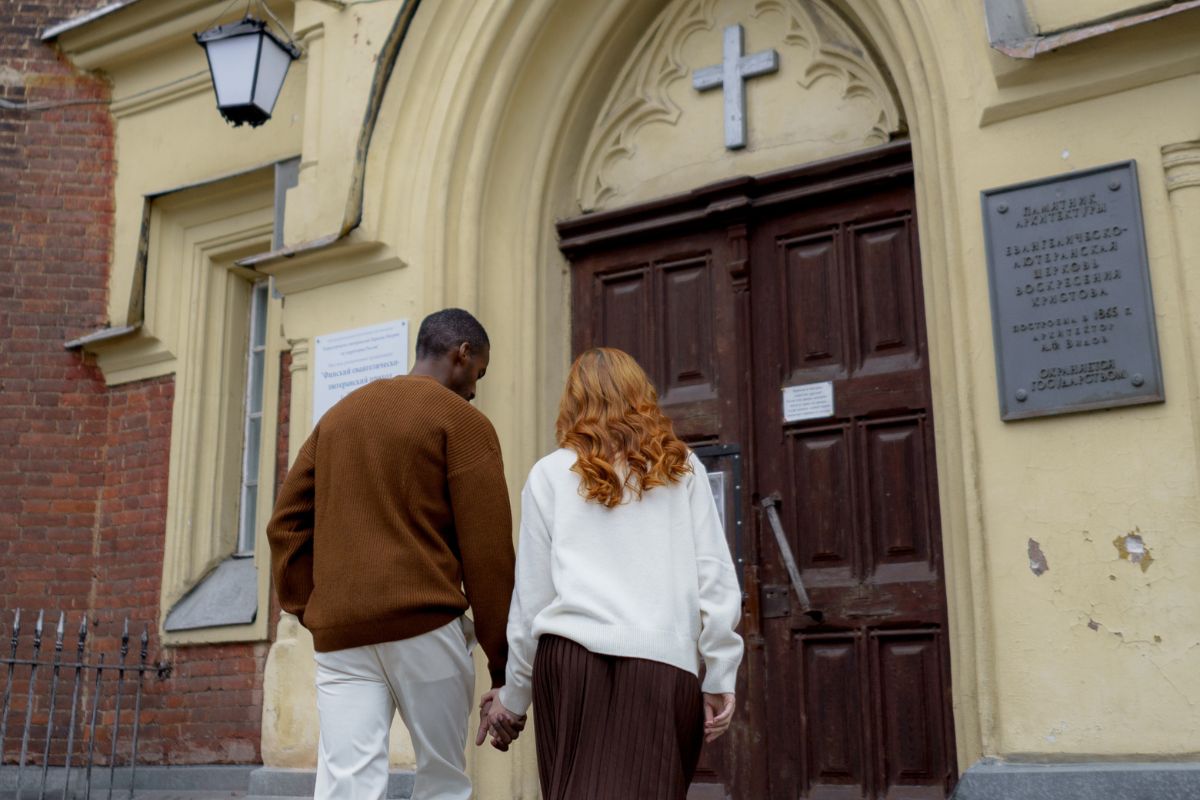
To all the saints in Christ Jesus who are at Philippi, with the overseers and deacons – Philippians 1:1b
The New Testament is primarily a collection of letters. Paul chose the epistolatory genre for instructing the Churches.
The usual salutation in the standard format included the Sender (from whom), the Recipient (To whom), a special Greeting, and a short Thanksgiving note.
Here, the letter’s intended audience is God’s people at Philippi. Three things stand out.
Firstly, Paul’s letter is addressed to God’s people in the City of Philippi. We all have issues with our Churches. It is tough to overlook the Church’s failure and accept Church-goers as “Saints”.
However, Paul considers all churchgoers to be God’s people, regardless of their stage and style of faith. This is neither misplaced optimism nor undue praise.
Paul is fully aware of various problems in churches: divisions (1 Cor 3:4), selfish motives (Phil 1: 15), moral failures (1 Cor 5:1), spiritual extremity (Col 2:16), and twisted faith (Gal 1:6). Yet he refers to them as “holy” (gk. hagiois).
God’s people are distinctively different because they have been set apart for a higher purpose.
The Church is “called out” to live in a manner worthy of her calling (Eph 4:1) and shine as lights (Phil. 2:15b) amid a crooked and twisted generation (Phil 2:15a).
Second, Paul’s letter is addressed to all God’s people – The Church Collective. There may have been different churches in the City of Philippi, but they all received this one letter. This would imply that congregations and individual Christians were closely bound.
Churches in our Cities need to belong to each other. Christians in our cities must connect and build deeper friendships. We must look beyond our denominational affiliations, worship preferences and demographics.
Third, Paul includes Church leaders – Overseers (Gk. Episkopos) and deacons (diákonos) as recipients of this letter.
Overseers (Episkopos) are those called by God to literally “keep an eye” on the flock. Diakonos are those called to be ‘attendants’ who kick up dust while running an errand.”
It would seem reasonable to assume that these leaders served all of God’s people in the City together.
Leaders are responsible for spiritual nurture, and care Leadership was never intended to be a position of authority. Instead, it is and should remain a position of service.
Questions for reflections (Aha Moments)
- How do I see my Church? Do I see them as God’s people regardless of their stage and style of faith? What can I do to see their spiritual journey in a positive light?
- What can my Church do to connect with other Churches and Christians in the City?
- What can I do to serve Christians in my City? What do I do for spiritual nurture and care for fellow Christians?
Photo by cottonbro







